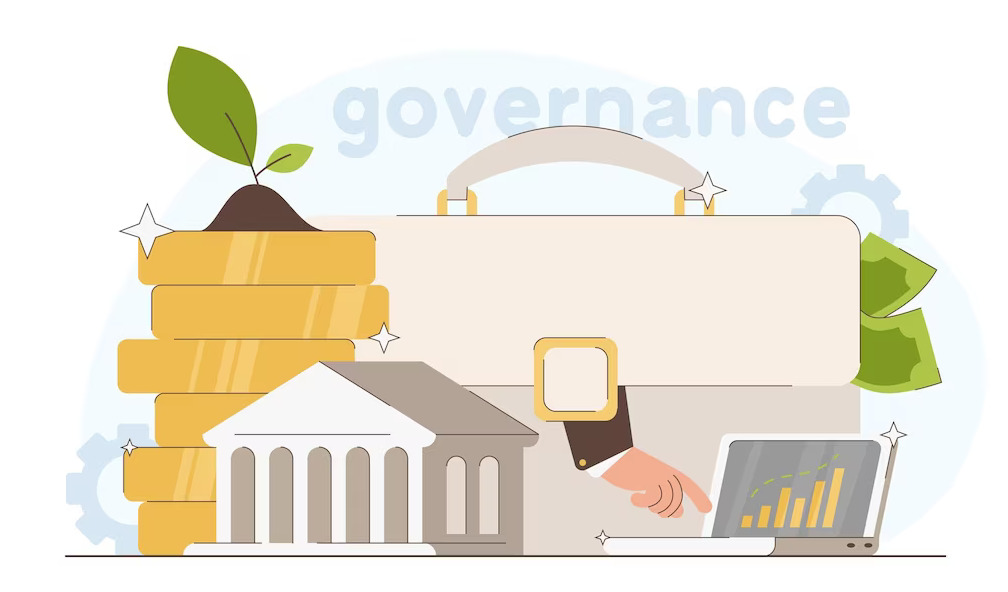
Geo-political conflict can trigger an increase in cyberattacks for a number of reasons. Geo-political conflict can disrupt supply chains and critical infrastructure. This can make it more difficult for organizations to defend themselves against cyberattacks. Geo-political conflict can also provide an opportunity for criminals and nation-states to exploit vulnerabilities in organizations' networks. So the Government should have a Cyber Defence Plan along with a good Cyber Defence Framework to protect its critical infrastructure from such cyber attacks.
Some examples of how geo-political conflict has led to an increase in cyberattacks:
- In 2022, the Russo-Ukrainian war led to a significant increase in cyberattacks against Ukrainian organizations. These attacks were carried out by a variety of threat actors, including nation-states, criminals, and hacktivists.
- In 2021, the SolarWinds hack was a major cyberattack that was believed to have been carried out by the Russian government. The hack affected a wide range of organizations, including government agencies, Fortune 500 companies, and universities.
- In 2020, the WannaCry ransomware attack was a major cyberattack that affected over 200,000 organizations worldwide. The attack was believed to have been carried out by a group of criminals.
Governments are a prime target for hackers for a number of reasons. These include:
- Access to sensitive information: Governments collect and store a vast amount of sensitive information, including personal data, financial information, official data, etc. This information is a valuable target for hackers, who can use it for financial gain, political purposes, or to cause damage.
- They are a high-profile target. Governments are a high-profile target for hackers, which means that they are more likely to be attacked. This is because a successful attack against a government can have a significant impact, both politically and economically.
- Governments are often large and complex organizations, and it can be difficult to implement new security measures across all departments. This makes it easier for hackers to find and exploit vulnerabilities.
- Governments are often targets for political or ideological reasons. Hackers who are motivated by politics or ideology may target governments in order to disrupt or damage their operations.
- Sponsored Hackers are often interested in hacking government systems in order to gather intelligence, disrupt operations, or cause political damage.
The following are some of the most common types of cyberattacks that target governments:
- Denial-of-service attacks: A denial-of-service (DoS) attack is an attempt to make a website or online service unavailable to its users. DoS attacks are often carried out by flooding the target with so much traffic that it becomes overwhelmed and crashes.
- Phishing attacks: A phishing attack is an attempt to trick users into revealing personal or financial information by sending them emails or text messages that appear to be from a legitimate source. Once the user provides their information, the hacker can use it for financial gain or to commit identity theft.
- Ransomware attacks: A ransomware attack is an attempt to encrypt a victim's files and demand a ransom payment in order to decrypt them. Ransomware attacks are often carried out by exploiting vulnerabilities in outdated software.
- Data breaches: Hackers can gain access to sensitive government data by exploiting vulnerabilities in government systems or by tricking employees into clicking on malicious links.
- Supply chain attacks: Hackers can target third-party vendors that provide services to governments, such as IT support or cloud computing. This can allow hackers to gain access to government systems through the back door.
How Governments Can Be Protected from Cyber Attacks ?
- Implementing strong Cyber Defence Framework and security measures : This includes using up-to-date security software, implementing strong passwords and access controls, and training employees on security best practices and implementing policies & procedures under a good cyber defence framework.
- Working with the private sector : Governments cannot protect themselves from cyberattacks on their own. They need to work with the private sector to share information and resources. The private sector has a wealth of expertise in cybersecurity that governments can tap into.
- Investing in research and development : Governments can invest in research and development to develop new security technologies.
- Be proactive : Governments need to be proactive in their approach to cyber security. This means anticipating threats, identifying vulnerabilities, and implementing security measures before an attack occurs.
- Invest in cyber security : Governments need to invest in cyber security to protect their sensitive data, systems, and infrastructure. This includes investing in new technologies, products & solutions which includes firewalls, intrusion detection systems, and data encryption, training staff, and developing incident response plans.
- Implementing strong security policies : Governments need to implement strong security policies that govern the use of technology and data. These policies should include rules on password management, data encryption, security data incharge for each office and incident response.